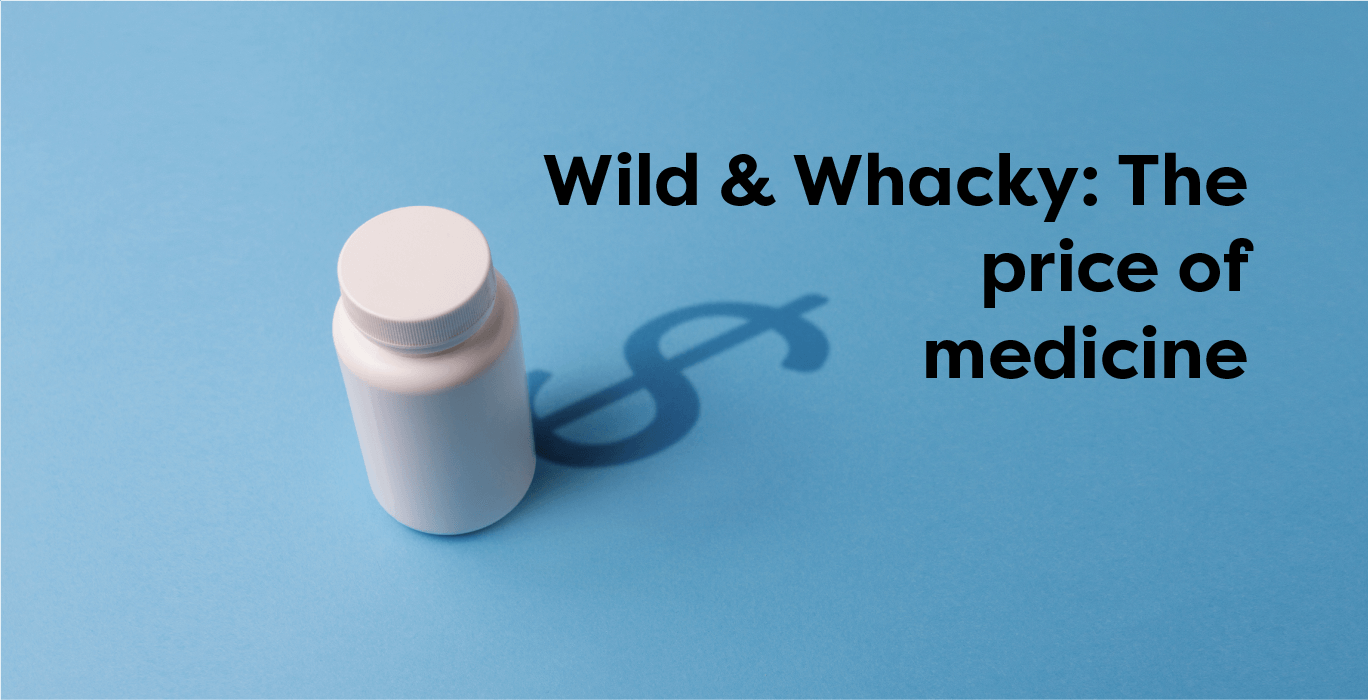What not to do in 2022.
Welcome to 2022. A new year. A new you?
Love ‘em or hate ‘em, New Year’s resolutions are a thing imposed upon us all by the significance of ending one 365-day trip around the sun and starting another. What could we have done better? And how the heck are we going to do better this time around?
Implied always is the idea of doing SOMETHING. But what about not doing something?
Here’s 5 things not to do in the new year. We’ll call it 2022s to-don’t list.
1. Don’t smoke. Period. Full stop. You don’t have to do it. Tobacco’s rap sheet is long as a serial killer’s and just as deadly. And if it doesn’t kill you, to paraphrase the saying, it definitely won’t make you stronger. It’s linked to causing cancer, heart disease, stroke, lung diseases, diabetes, and chronic obstructive pulmonary disease (COPD).
2. Don’t binge drink. Let’s face it, many of our social gatherings/functions involve a drink or 3. But imbibing beyond that on the regular can pack some powerful health issues. Experts believe that binge drinking accounts for some 88,000 deaths annually in the U.S., resulting from car crashes, alcohol poisoning, suicide and violence. If you think you’re a pro, don’t take a bow just yet. Long-term effects can be years down the road, including high blood pressure, liver conditions and heart disease–not to mention the unsightly “booze belly.”
3. Don’t binge eat. Don’t know about you, but this virus-induced hunkering down has created a well-worn path from the couch to the fridge. Not hungry? Doesn’t matter. Gimme something to eat even if it’s just for boredom’s sake. But maybe you or someone you love experiences some of the following:
· Eating unusually large amounts of food in short period of time
· Feeling that eating is out of control
· Eating when full or not hungry regularly
· Eating fast during binge episodes
· Eating until uncomfortably full
· Eating alone or in secret
If so, these are signs of binge eating disorder (BED). BED can lead to poor quality of life, limit work productivity, with your personal life and obesity and it’s related health conditions, such as joint problems, heart disease, type 2 diabetes, gastroesophageal reflux disease (GERD) and some breathing disorders.
4. Don’t stay up too late. As far as not doing things goes, this one may be the cream puff of the group. How hard is it to get a full night’s rest, right? Yet more than 35% of us report not getting the requisite 7 hours of shuteye. It’s to our detriment, too. Prolonged periods of shortened sleep schedules can cause weakened immunity, high blood pressure and even adds to risks for heart disease and diabetes.
5. Don’t do…anything. That’s right. Take a break. Chill. Relax. Chillax. Downtime is hard to come by, but it is
All joking aside. As anyone who has struggled with any of the above knows, not doing something is just as hard as doing something…and it implies, well, doing something about it. If you or a loved one needs help, the best place to start is with your doctor. Here are a few additional resources available worth checking out.
Smokefree.gov
https://smokefree.gov
Substance Abuse and Mental Health Services Administration (SAMHSA)
https://www.samhsa.gov/find-help/national-helpline
National Eating Disorders Association (NEDA)
https://www.nationaleatingdisorders.org/help-support/contact-helpline
American Academy of Sleep Medicine (AASM)
https://aasm.org


